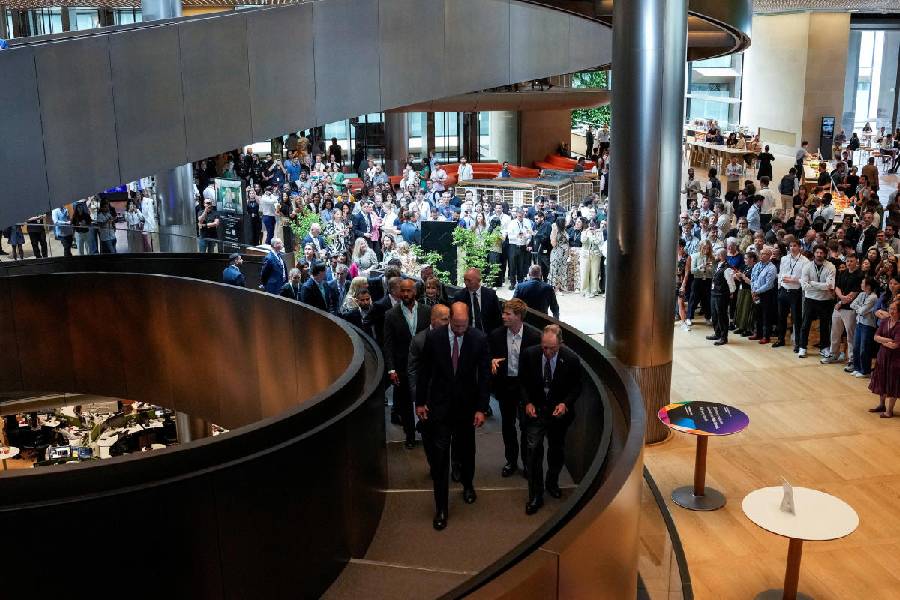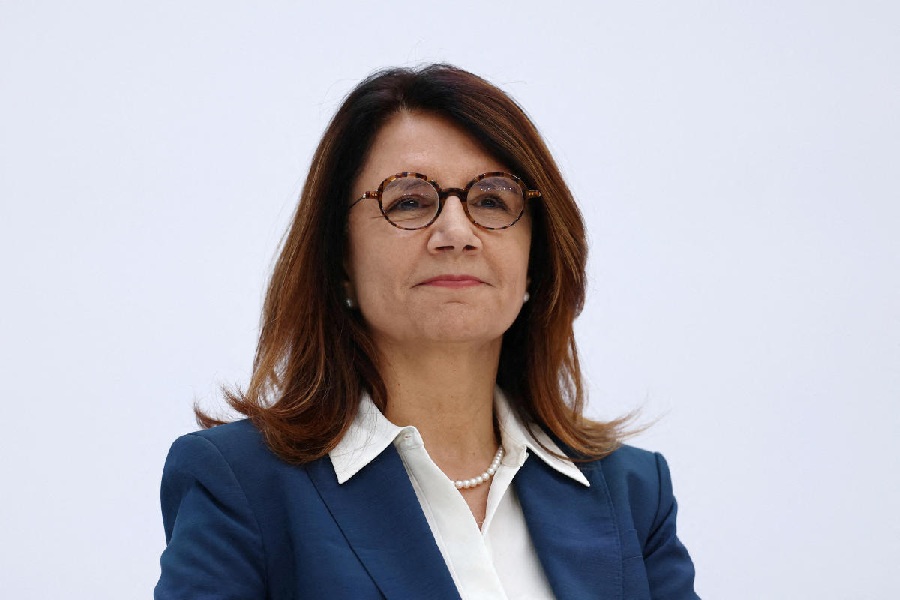London's climate week attracted record attendance, bolstered by the cloud hanging over its sister event in New York in September as the U.S. government turns its back on efforts to stop global warming and tightens entry requirements.
The annual London Climate Action Week (LCAW), which ends on Sunday, more than doubled in size compared to the 2024 edition, hosting 700-plus events and more than 45,000 attendees. That was helped by the UK's more robust stance on climate action and support for visitors from developing countries, two dozen business, political and civil society sources told Reuters.
"We have gone much bigger on LCAW this year - we are hosting several events and putting considerably more effort (in) than in the past. If we do send someone to New York, it will almost certainly just be an American citizen member of our team," said Alexis McGivern, Head of Stakeholder Engagement at Oxford Net Zero.
Under President Donald Trump, the United States has left a global deal to lower climate-damaging carbon emissions, cut development aid, rowed back on environmental standards and moved to slash support for green technologies.
By contrast, the British government was present across multiple events during LCAW, with energy secretary Ed Miliband saying he wanted Britain to be a "clean energy superpower" and to "get off the roller coaster of fossil fuel markets".
'You can talk frankly'
Given the U.S. pushback, Hindou Oumarou Ibrahim, a U.N. Indigenous Peoples representative and climate change expert, said London offered more freedom to discuss climate change, diversity and human rights.
"You can talk frankly with the government of the UK or any government here in London without being afraid of how you get treated, or targeted," she said.
Philanthropists and private investors, too, are able to speak more openly without being targeted politically, or risking damaging business interests, she said.
"This year the New York Climate Week is going to be very challenging," she said. "Not only to indigenous peoples, but even to governments. There are so many barriers that are making people say, let's act now in London."
Among steps taken in London was a push by governments for indigenous peoples' land rights to be better protected and a plan to encourage companies to buy more carbon credits.
Chief among the concerns about New York, particularly for civil society representatives, was whether they could even get in.
Travel bans
This month, the U.S. banned travellers from countries including Afghanistan, Congo Republic and Somalia - many exposed to rising extreme weather events and in need of the most help - and may yet add more.
Ibrahim, whose home country Chad is also on the list, said she would travel using her diplomatic passport but was uncertain if she would be allowed in - a concern flagged by half a dozen other LCAW attendees.
Helen Clarkson, CEO of Climate Group, which runs New York Climate Week, said she understood it would be harder for participants from certain countries to attend but that many businesses, governments and civil society were planning to come and were "super up for New York."
COP30 will take place in Brazil in November.











